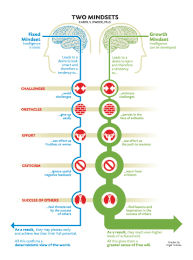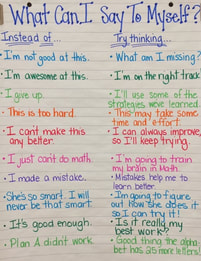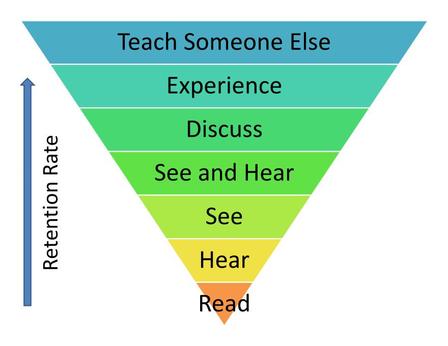Growth Mindset
Growth Mindset is the belief that "failure" is a necessary part of learning and should not be seen negatively. While it might not take 10,000 hours to become an expert at a skill, it still takes a lot of practice to become competent.
SHAPE AMERICA APPROPRIATE PRACTICES
- 1.1.2 The environment is supportive of all students and promotes developing a positive self-concept. Students are allowed to try, to fail, and to try again, free of criticism or harassment from the teacher or other students.
- 1.5.2 All students are encouraged, supported and socialized toward successful achievement in all content taught in physical education (e.g., dance is for everyone).
- 1.7.2 Teachers create a mastery-learning environment that encourages students to compete against previous personal performances or against a criterion score.


